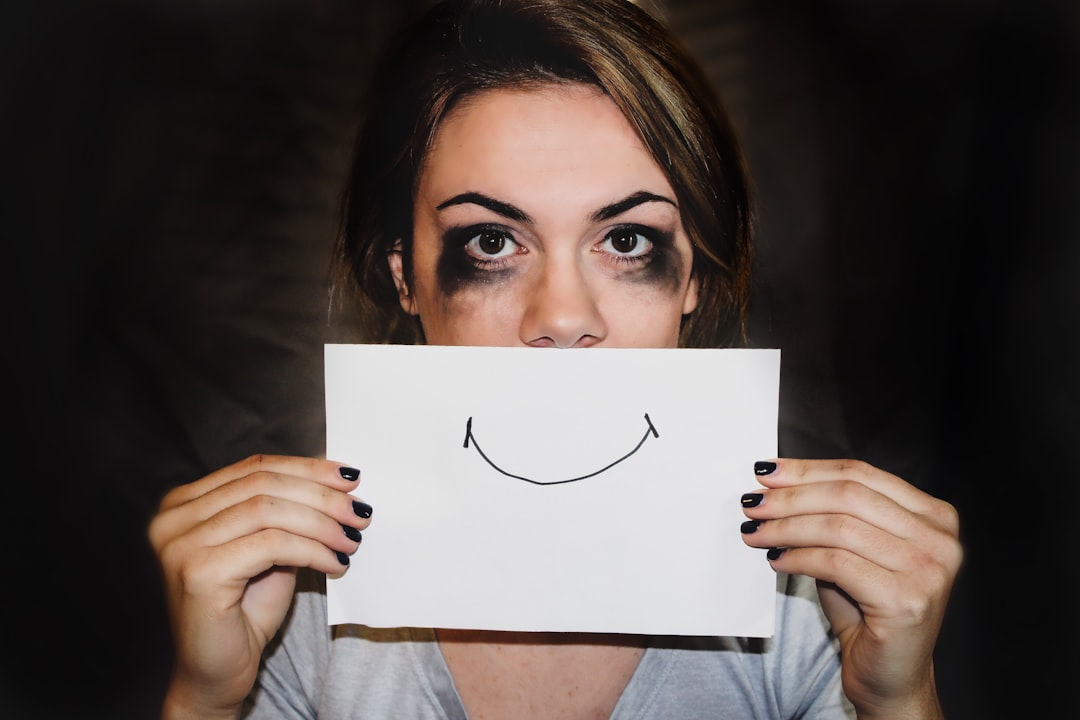
CBD for Depression: Can It Help?
Share

CBD for Depression: Can It Help?
Cannabidiol (CBD) is a naturally occurring compound found within the cannabis plant with numerous health benefits including having potential as an adjunctive therapy in the treatment of depression. The aim of today’s blog is to review the therapeutic potential of CBD in the treatment of depression.
What is Depression?
Depression, a major depressive disorder, can greatly impact an individual’s overall wellbeing and ability to perform day-to-day activities. In fact, depression affects over 18 million U.S. adults (one in ten) in any given year, causes 490 million disability days from work each year and negatively impacts one’s relationships, home, work and social life.
Symptoms of depression vary person to person, and can range in severity but includes:
- Feelings of sadness, emptiness or hopelessness
- Sleep disturbances- insomnia or sleeping too much
- Loss of interest in activities once enjoyed
- Changes in appetite- eating too little (weight loss) or too much (weight gain)
- Slowed or difficulty thinking, trouble concentrating
- Decreased energy or increased fatigue
- Thoughts of death or suicide
Treatment
Doctors often prescribe pharmaceutical drugs in addition to cognitive behavioral therapy to treat or mitigate depression symptoms. Medication side effects such as fatigue, insomnia, weight gain and loss of sexual desire make them undesirable to some and often lead to the discontinuation of therapy. As a result, other non-pharmaceutical treatment options are available such as meditation, acupuncture and now CBD due to the advances in the development of the experimental and clinical use of this compound in neuropsychiatry.
CBD For Depression
CBD has possible therapeutic effects over a broad range of neuropsychiatric disorders. However, it is important to note that research in this area utilizes animal models, meaning studies using human subjects are limited. Nonetheless, CBD has shown promise in helping manage certain symptoms associated with depression including aiding in the relief of anxiety, cognitive impairment and sleep disturbances.
An article published by Healthline states, “CBD doesn’t necessarily boost serotonin levels, but it may affect how your brain’s chemical receptors respond to the serotonin that’s already in your system.”
What Research Says
A 2016 study explored the possibility of CBD’s ability to be a safe and effective antidepressant. 48 adult male rats were pretreated orally with CBD (15, 30 and 45 mg/kg) or vehicle. The results of the study suggest that CBD may be beneficial in the treatment of clinical depression and other states where pleasure is lacking.
A 2018 review looked into the progression in the development of the experimental and clinical use of CBD in treating mental or emotional disturbances. Results from this study showed that CBD held potential in having anxiolytic, antipsychotic and neuroprotective properties. It was also suggested that because CBD works directly with the body’s endocannabinoid system (ECS), it is much less likely than traditional medications to become addicting or habit forming.
Another 2018 study using an animal model stated, “currently available antidepressants have a substantial time lag to induce therapeutic response and a relatively low efficacy.” The aim of this study was to see if CBD could, after a single administration, induce rapid and sustained antidepressant-like effects in male rats. The study concluded that CBD induces a fast and antidepressant-like effects in distinct animal models, but future studies are needed to determine whether or not CBD produces similar effects in humans.
CBD and Sleep
Sleep disturbances, particularly insomnia (up to 88%) is a common symptom of depression. CBD has been shown to promote sleep in those suffering from insomnia and in smaller doses has been shown to promote alertness for those suffering from depression induced daytime sleepiness.
In a 2018 study using an app, researchers collected data from 409 individuals suffering from perceived insomnia. These individuals used the Releaf App to record how they felt before, during and after CBD and other cannabinoid consumption. It was found that CBD was associated with significant improvements in perceived insomnia.

